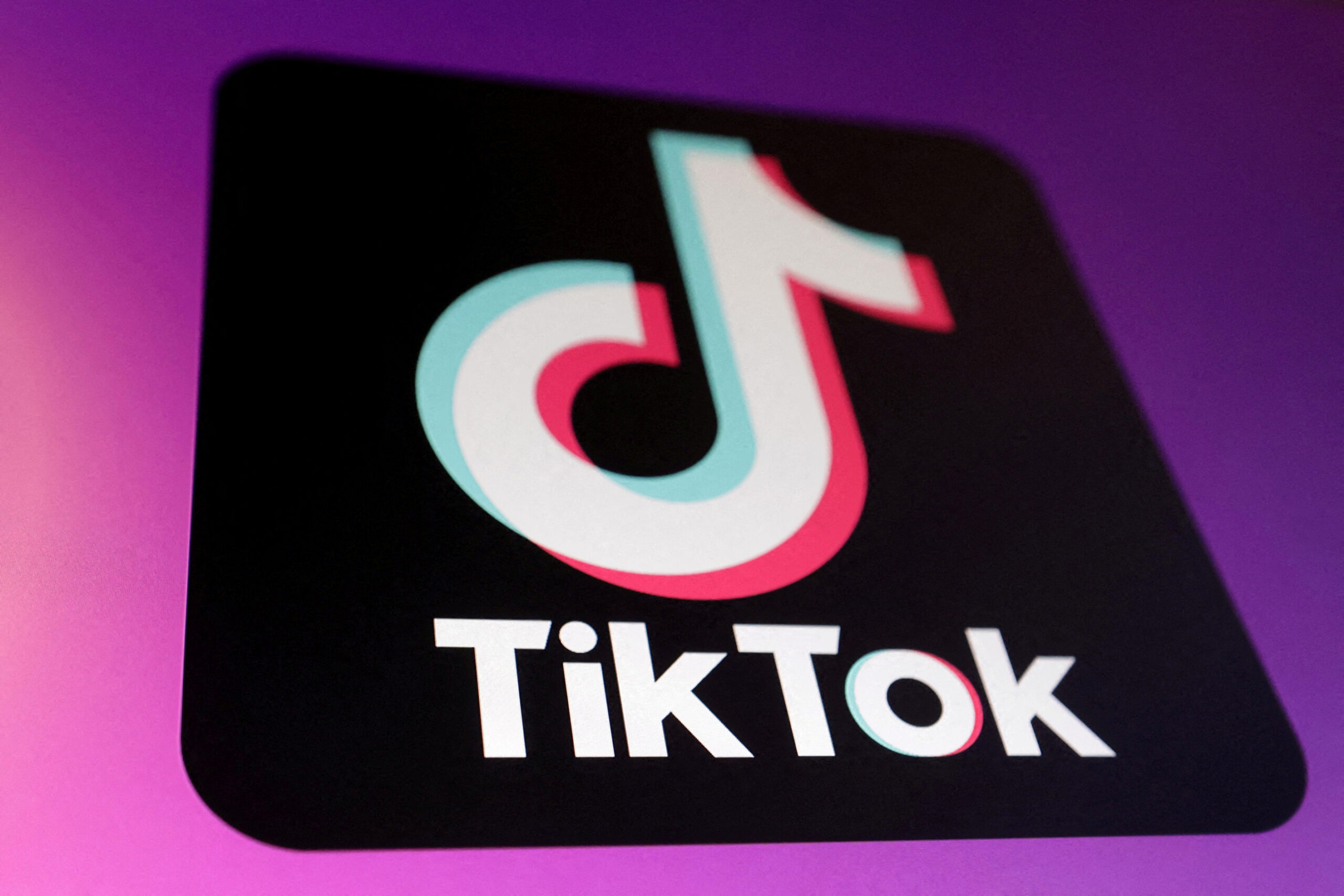There are thousands of videos about attention deficit disorder and hyperactivity (ADH) In Tiktok, but most of them have information that does not follow clinical guidelines. This can lead to increased misconceptions.
According to the study GLOBAL BURDEN OF DISEASEADHD affects about 1% of the world’s population. There is an active debate to understand whether the condition is underdiagnosed or not, and some psychologists believe that their prevalence may be greater.
A survey published on March 19 in the Public library of science It shows the relationship of influence on the ADHD caused by the social network.

Vasileia Karasavva, from the University of British Columbia, Canada, along with her team, analyzed the 100 most viewed videos with the #adhd hashtag on Tiktok on January 10, 2023. The videos had almost 496 million views in all, with an average of 984 thousand likes.
Video evaluation about ADHD at Tiktok
According to the survey, on average, the videos presented three allegations about ADHD. From this, the researchers showed each one to two psychologists. After that, they were asked if the claim reflected a symptom of ADHD from DSM-5, a popular book used to diagnose mental disorders.
Only 48.7% corresponded properly, and beyond that, more than two thirds of the videos attributed alleged symptoms of ADHD to “normal human experiences,” according to psychologists.
Continues after advertising
The next step was an assessment by the psychologists, giving a grade from 0 to 5. Then 843 university students watched the five best rated videos and the five worst, according to psychologists, and also attributed their own grades.
The videos considered more accurate by psychologists received an average of a score of 3.6, while the students evaluated them with 2.8. The less accurate videos, the average was 1.1 in the classification of psychologists, while the students gave them 2.3.
Still, the researchers asked if students would recommend the videos and what their own perceptions of ADHD were in society.
Continues after advertising
Karasavva, in a press release, explains that there is a relationship that the longer a person watches content about Tdah in Tiktok, the greater the tendency to consider these useful, accurate, and recommend them to others.
Despite false or incorrect information about the condition, prohibiting ADHD videos on Tiktok “is not useful,” according to Karasavva.
“Perhaps more experts should post more videos, or perhaps they could also be only individual users taking responsibility for being a little more careful and critical of the content they consume,” she says in a statement.










